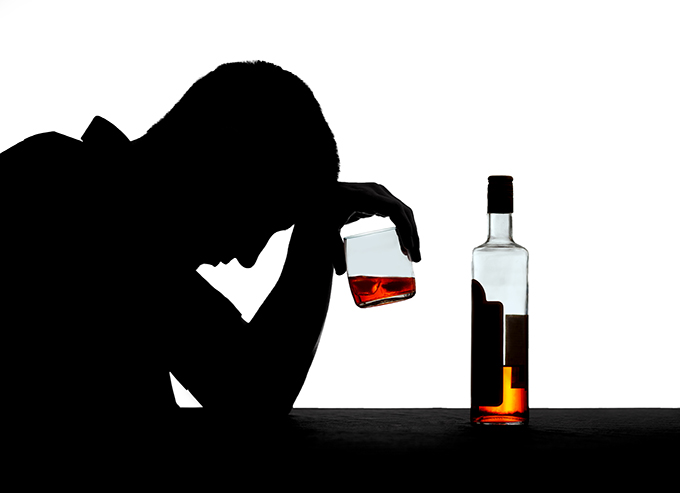
Drinking-related deaths and incidents of college student alcohol abuse are increasing. We can no longer dismiss this as something harmless that college kids do. Most recently, 19-year old Timothy Piazza died from fatal injuries as a result of binge drinking in a Penn State fraternity hazing ritual.
Alcohol abuse is not limited to fraternity and sorority houses. Hazing is not the only time that college students are drinking dangerous amounts of alcohol. Alcohol abuse is a real problem with college students. It’s time that we look at the stats and talk about it.
College Drinking Statistics
The consequences of college drinking can be devastating. A national survey recently revealed that nearly 60% of college students between the ages of 18 and 22 consumed alcohol within the past month. Of the surveyed students it was also revealed that two out of three had engaged in binge drinking during that time. Approximately 20% of college students meet the criteria for alcohol use disorder.
Researchers indicate that the amount of alcohol consumption has led to troubling statistics in higher education. One out of four students in the survey reported that their drinking habits have led to poor academic results such as skipping class, missing exams, and overall lower grades.
Consequences of harmful and binge drinking can also cause serious health problems, affect the community, and even result in death. Approximately 1,825 college students ages 18 through 24 die annually from alcohol-related injuries, including vehicle crashes.
Another 696,000 students in the same age range reported being assaulted by another student under the influence of alcohol. About 97,000 students annually report being the victim of alcohol-related date rape or sexual assault.
These statistics reveal a nationwide drinking epidemic that is putting the lives of our college students at risk. When you take a closer look at the environment and culture of college students, you can get a better understanding of why these numbers are so high.
The College Culture that Encourages Harmful Drinking
Drinking is a large part of socializing in college. Cheap drinks are often abundant, and it’s a part of the college environment. Even kids that didn’t drink in high school are tempted to join in the partying just to fit in. When there isn’t a party, college students still typically drink in their dorm rooms.
Dr. Sharon Levy, Boston Children’s Hospital’s director of the Adolescent Substance Abuse Program and pediatrician, indicates that students entering college are typically at the age where their brains have not fully developed. The part of their brain that seeks reward and stimulation is in full gear. Combine that with an environment that encourages binge drinking, and you have students feeling pressured to drink.
Identifying Binge Drinking
For many, binge drinking is hard to identify, and students don’t know when they’ve crossed a line. The CDC defines binge drinking as someone that consumes an excessive amount of drinks on one occasion. This usually means five drinks for males or four drinks for females. In 2014, 24.7% of people aged 18 and over reported regular binge drinking.
Binge drinking is harmful and can result in alcohol poisoning, unintended injuries, sexually transmitted diseases, unintended pregnancies, fetal alcohol spectrum disorders, neurological damage, and poor control of diabetes. Long-term binge drinking can be linked to infertility, digestive problems, stroke, liver disease, heart disease, high blood pressure, cancer, or social and family issues.
Signs That You Drank Too Much
If you’ve exhibited any of these following signs then you could have a binge drinking problem:
- You find yourself becoming a “daredevil” when you drink and taking risks you wouldn’t usually take.
- You don’t regularly drink during the week but consume heavy amounts of alcohol during the weekend.
- Drinking creeps up on you, you don’t know your limits, and you often drink more than you intended to.
- You regularly wake up with a foggy memory of what happened the night before.
- You neglect things that matter so you can drink or recover from hangovers.
- The people that are close to you have become concerned about your drinking habits.
Resources to Help You
If you have a problem with drinking, then there are resources out there to help you. You are not alone. The National Institute on Alcohol Abuse and Alcoholism (NIAAA) has two free online resources that can help.
- Rethinking Drinking website offers interactive tools and information on drinking.
- NIAAA’s College Drinking Prevention site is a one-stop resource for college students on alcohol abuse and binge drinking.
